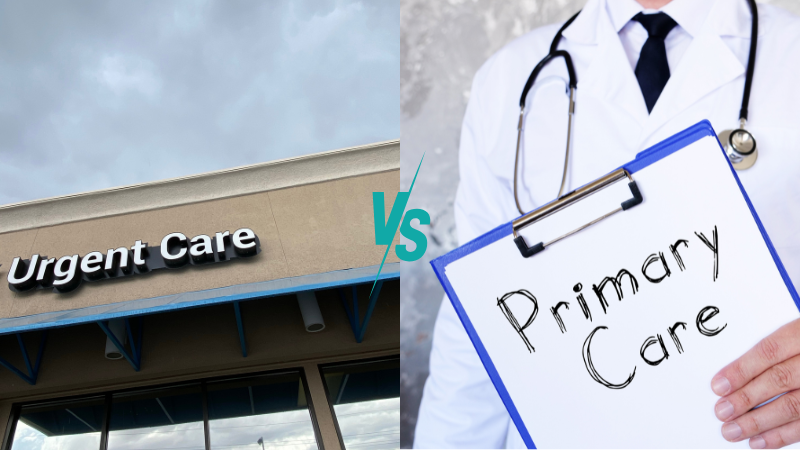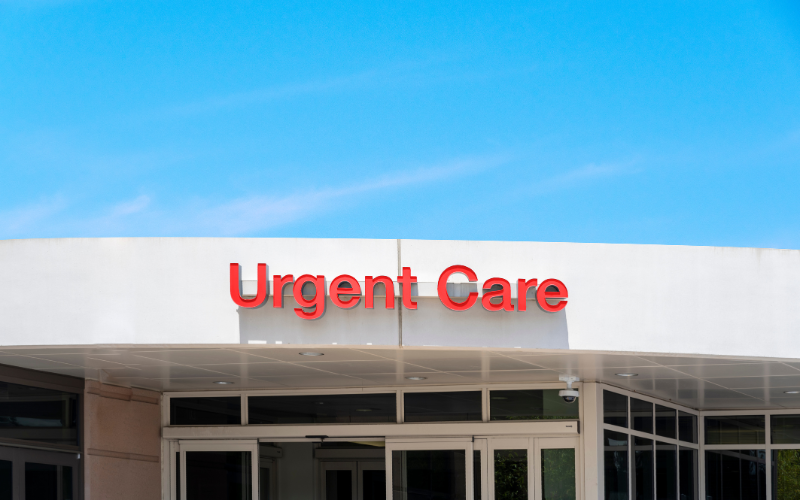
While not every medical concern demands an immediate trip to the emergency room, there are instances where waiting for a scheduled appointment with your primary care doctor is not advisable.
Navigating when to seek medical attention has always presented challenges. Seasonal transitions introduce various factors that can lead to colds, flu, or gastrointestinal irregularities. Occasional pains and aches are commonplace. However, there are moments when persistent signals from the body suggest that a hospital visit is overdue.
Outlined below are critical medical emergencies that warrant immediate attention, as they may signify something serious and potentially life-threatening.
Recognizing Urgent Health Signs: When to Seek Immediate Medical Attention
a. Experiencing shortness of breath after physical exertion is generally considered normal, but sudden chest pain accompanied by rapid breathing should not be dismissed. Respiratory issues, when identified early, are more manageable. If faced with unexplained shortness of breath, prompt action is essential – head to the nearest emergency hospital for a timely diagnosis.
b. Abdominal pain is often self-treated, but severe, recurrent pain that doesn’t subside warrants medical attention. Digestive issues or potential appendicitis could be underlying causes. Neglecting abdominal pain may lead to serious conditions such as acute pancreatitis.
c. Swelling in the legs, while commonly attributed to various factors, can also signal congestive heart failure. If rest doesn’t alleviate the swelling and the condition persists, seeking urgent medical attention at the nearest hospital is advisable.
d. An intense headache, especially if it’s unusual or never experienced before, could signify serious issues like an aneurysm or stroke. Persistent or acute headaches require immediate medical attention.
e. Chest pain, particularly a tightness or squeezing sensation, should never be ignored as it might indicate a heart attack. Associated symptoms like sweating, vomiting, nausea, or difficulty in breathing are crucial warning signs. While other possibilities include acid reflux, prompt medical evaluation is essential.
f. Unusual bleeding, whether rectal, vomited, or coughed up, can be indicative of serious conditions like cancer or infections. Timely diagnosis and treatment are vital f. in such cases.
g. Max Healthcare emphasizes reporting any abnormalities to the doctor for early diagnosis and treatment. Emergency warning signs vary, underscoring the importance of identifying the root cause promptly.
h. Recognizing the signs of a stroke is critical, including sudden weakness, facial asymmetry, slurred speech, unexplained headaches, seizures, or sudden vision loss in one eye. Immediate medical attention is paramount when these symptoms arise.
In conclusion, adopting a proactive approach to monitor and promptly address unusual symptoms significantly enhances overall health outcomes. The swift intervention of timely medical care ensures that potential health issues are identified and treated effectively, ultimately contributing to an improved state of well-being and vitality.





